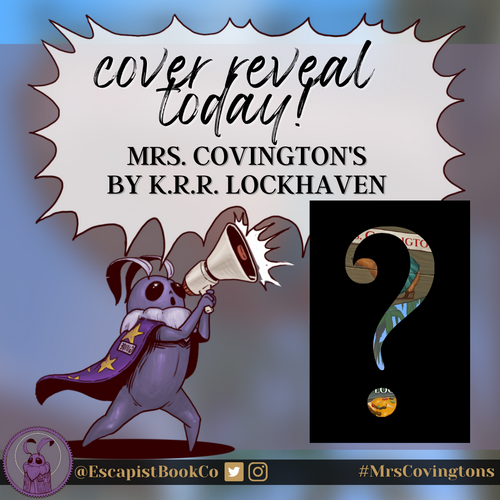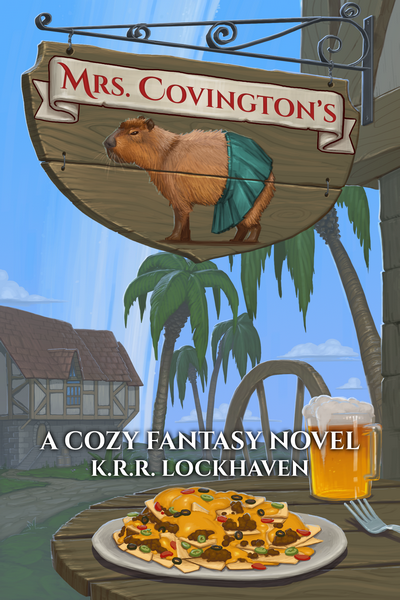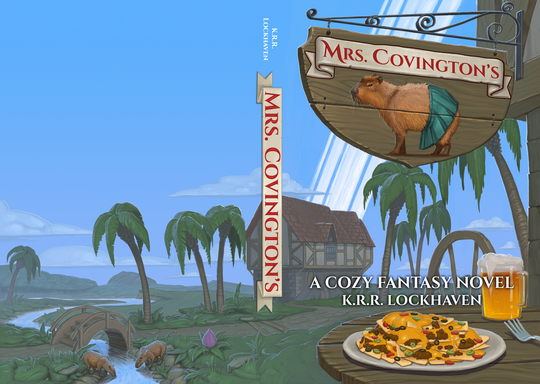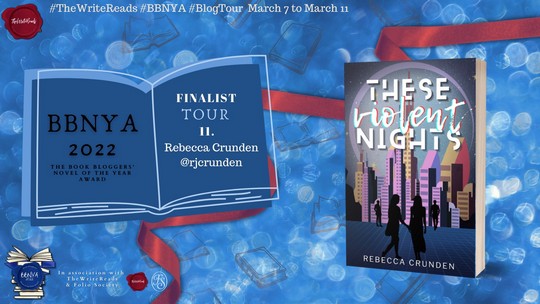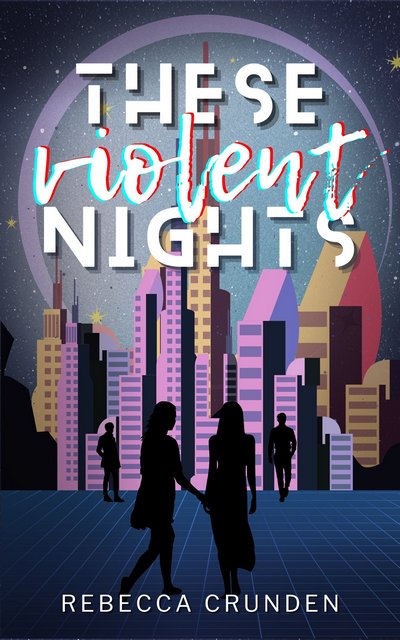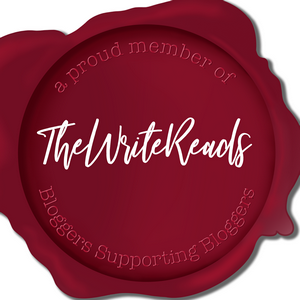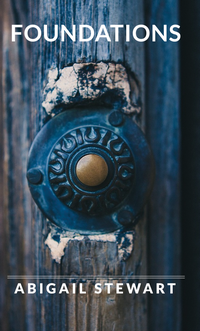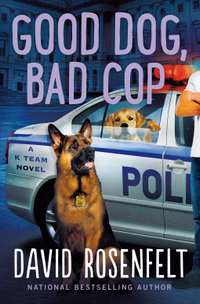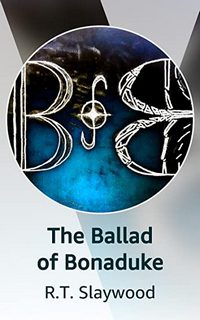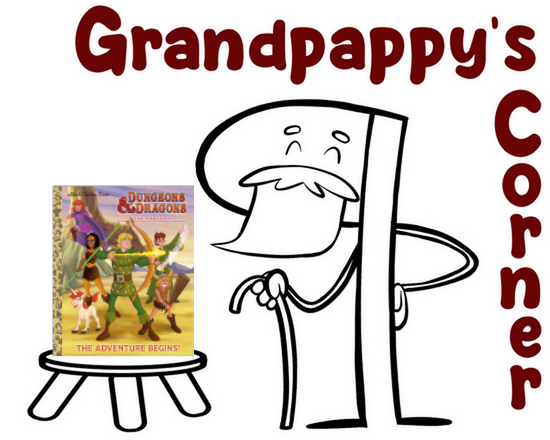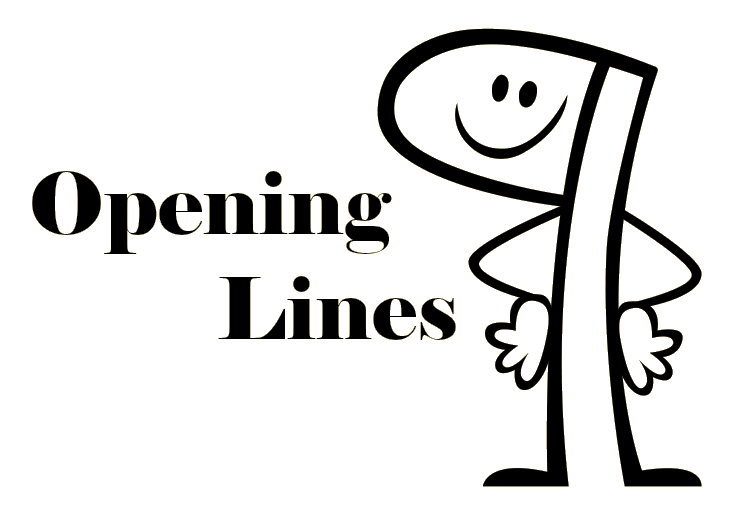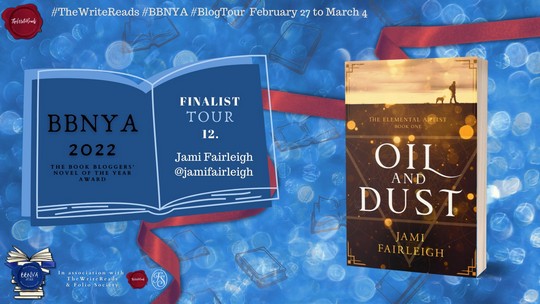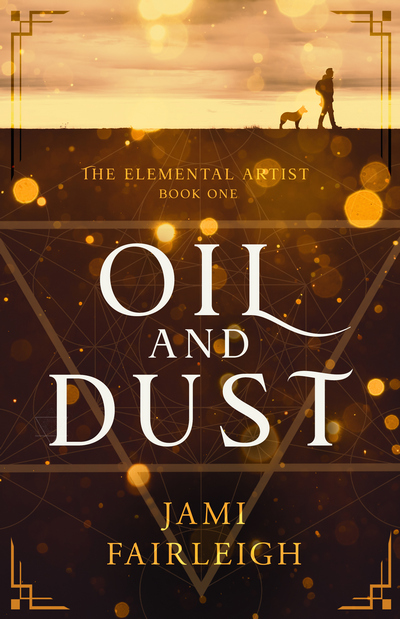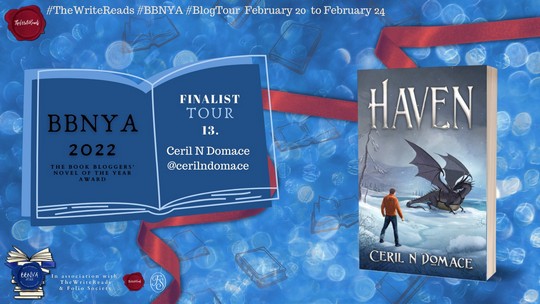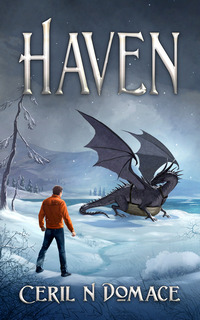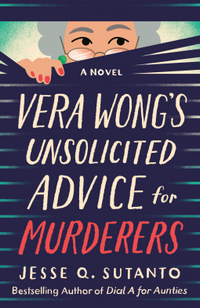 Vera Wong’s Unsolicited Advice for Murderers
Vera Wong’s Unsolicited Advice for Murderers
DETAILS: Publisher: Berkley Books Publication Date: March 14, 2023 Format: eARC Length: 352 pg. Read Date: March 2-7, 2023

What’s Vera Wong’s Unsolicited Advice for Murderers About?
I’m not sure that I can answer this question without just recapping the entire novel—but without the charm and warmth.
Just Try…
How much time do you have?
It Publishes Today, You Need to Get Something Posted. Just Give Us the Setup
Okay, okay, I’ll attempt it—but I really want to spend the next hour just regurgitating the whole thing.
Vera Wong is an older Chinese woman, the owner of a small tea shop in San Francisco’s Chinatown. It’s dark, dingy, and doesn’t get much in the way of customers. She has one regular that she can count on to stop in early in the morning, and then spends most of the rest of the day waiting for someone else to walk in and order. Typically in vain. But it’s her life—she has nothing else to do with her time—her husband is dead, and her son is busy with work. So busy that he rarely has time to visit—or acknowledge all of the super-helpful advice she gives him to succeed at work and/or to find a wife. This doesn’t stop her from texting or calling him frequently to offer the advice, it should be noted.
Then one day, she comes down the stairs from her apartment above the shop to discover a dead body in the middle of the floor. She has little faith that the police will be able to tell her who killed the man, so she decides to discover the identity of the killer for them. How hard can it be? She’s watched plenty of procedurals, is smart, and (unlike Sherlock Holmes) is a suspicious Chinese mother. The murderer doesn’t stand a chance.
So she helps herself to a little bit of the evidence before the police arrive so that she can hunt for the murderer. It’ll be a good change of pace for her.
She sets a trap for the murderer and ends up with four good suspects, it’ll just take her some time to figure out who killed him and why. In the meantime, she sees at least three younger people that need some guidance to get their lives in order—she decides to take that on along with her murder investigation.
Vera
I’d like to spend a few pages talking about Vera—I’m certain that if you ask me in December, she’s still going to be one of my favorite characters of 2023.
She is so human—such a mass of contradictions and differing impulses. The fact that at her, um, advanced age she’s able to chart a new course for her life, to let people in, and adapt gives me a little hope.
But it’s her spirit, her way of looking at the world, and not backing down that’s really inspiring.
Once she’s done with these characters, I could use a grandmother like this.
Be Careful
Vera knows her tea, she spends a lot of time and energy on it—certain that she can make someone just the right kind of tea for whatever they’re facing to help them through the day. If you can make it through a chapter or two (especially in the early chapters) without needing a cup of your own, I’d like to know how.
But other than needing to take the time to boil water and steep your tea, that’s not a big deal (unless you’re inspired to go shopping for more teas, which can get expensive—and can distract you from your reading). However, Vera also spends a lot of time cooking for her new friends and suspects. And she ends up spending more time cooking than making tea.
This is where you need to be careful—if you’re not, you could find yourself putting on a few pounds before the killer is identified. Sutanto’s descriptions of Vera’s creations—and the way everyone responds to them—are so vivid, so enticing, they can send you to your pantry for a snack—or to your food delivery app of choice to order some Chinese food.
I’m not saying that you should avoid these portions of the book—just be prepared so you can fight temptation (or have a handy justification to indulge yourself, if that’s more your preference).
So, what did I think about Vera Wong’s Unsolicited Advice for Murderers?
By the time I got halfway through the opening paragraph, I’d started coming up with a list of people to recommend this book to. There was something about the voice that just jumped off of the page (er, screen) and said, “You’re going to have fun with this.” And I absolutely did—but there was more to it than that, being around these characters felt comfortable. I just wanted to spend time in their presence—like Stars Hollow, CT; the locker room of AFC Richmond; the Parks and Rec Department of Pawnee, IN; the Jigsaw Room of Cooper’s Chase retirement village; or Knight’s Bookstore in Abbi Waxman’s L.A. I don’t remember the last time that I read a cozy mystery that was so worthy of the title “Cozy.”
Yes, I wanted to figure it out. Yes, I wanted to know what happened to the characters and wanted closure for this period in their lives. But I read as slowly as I could because I wanted to linger.
It’s not just Vera that creates that feeling—it’s the other characters’ reactions to her, as well as their relationships with each other. Yes, she is undeniably the center of this little world, but it wouldn’t work without the others.
There’s a lot of gentle humor and heart—that’s what fills this charming work. But that’s not all of it—there are laugh-out-loud moments, as well, and real emotions. There’s a budding romance, a rekindled friendship, family ties, and a lot of people finding the confidence to step out into something new—or into something they’ve tried before and have been scared to try again. The found family that’s created along the way makes all of that possible—particularly the last part—the mutual support (in various forms) and encouragement from the others enable the others to make those steps.
I don’t want to give the impression that this book is all sunshine, flowers, and good times. There are portions of this that are hard to get through, sure—there’s a suspicious death, criminal behavior—at the very least the actions of a scoundrel—heartbreak and a great deal of loneliness and despair. But Sutanto doesn’t leave us there for long—she grounds the book in it, but provides a way forward—through grit, determination, and the help of others.
The murder investigation was fine—probably more than fine, actually. It was a clever little story, with plenty of good suspects and nice twists. But the book isn’t all that interested in the murder investigation, really. It’s just an excuse for these people to come together and start interacting. Vera herself doesn’t really want any of her suspects to be guilty—she’s too busy meddling in their lives to improve them (in selfless acts of assistance only, she’d hurry to tell you). But she keeps plugging away at her little list of suspects because it’s something she’s started—and wouldn’t it be exciting to actually find a murderer? (even if it’s someone she doesn’t want to get into any kind of trouble).
I talk about mysteries more than anything else here, and the fact that I’d started wrapping up the post without addressing the mystery part of this book says a lot to me. It’s the driving force behind the plot and the instigating incident—but again—it’s secondary to the rest of the storylines. Still, most readers will have a hard time finding sympathy for the murdered man, and more than once you’ll likely wonder if it’d really be that bad if no one figures out who did it. You probably won’t feel the way you usually do when a murder is solved when the culprit is named, either.
There’s just so much to commend about this book—and so little to quibble with—I’m on the verge of repeating myself and/or overhyping this thing (but boy howdy, does it deserve a lot of hype!). So I’m just going to leave it with this—go get your hands on a copy, brew yourself a nice pot of tea (I promise you’re going to want tea), and lose yourself in this book for a few hours.
Disclaimer: I received this eARC from Berkley Publishing Group via NetGalley in exchange for this post—thanks to both for this.

This post contains an affiliate link. If you purchase from it, I will get a small commission at no additional cost to you. As always, the opinions expressed are my own.
![]()


